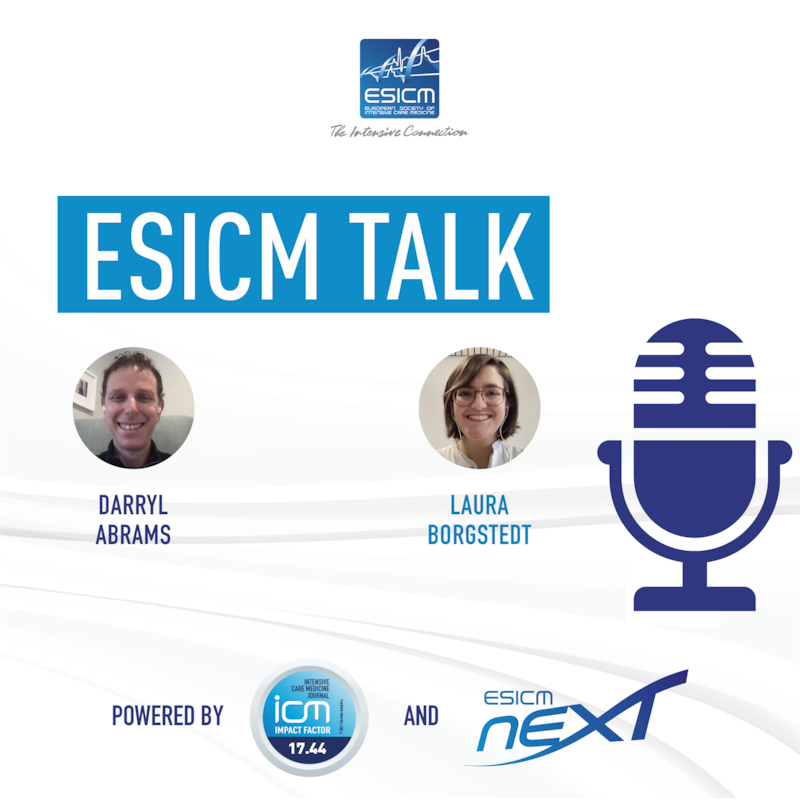Shownotes
Attempts at improving cardiac arrest outcomes have increasingly included extracorporeal techniques to re-establish circulation. In particular, the application of veno-arterial extracorporeal membrane oxygenation (ECMO) during cardiac arrest is called extracorporeal cardiopulmonary resuscitation (ECPR).
However, there is much debate about the impact of ECPR use on survival and neurological and functional recovery in adults suffering cardiac arrest.
These issues have been evaluated in a systematic review conducted by Dr Abrams et al.
Listen to the following podcast to hear more about which patients are most likely to benefit from EPCR, required resources and relevant ethic issues on using EPCR.
Original article: Extracorporeal cardiopulmonary resuscitation in adults: evidence and implications
Speakers:
Darryl ABRAMS. Division of Pulmonary, Allergy, and Critical Care Medicine, Department of Medicine, Columbia University Vagelos College of Physicians and Surgeons, New York (USA).
Laura BORGSTEDT. Department of Anesthesiology, Klinikum rechts der Isar, Technical University of Munich, Munich (DE).

